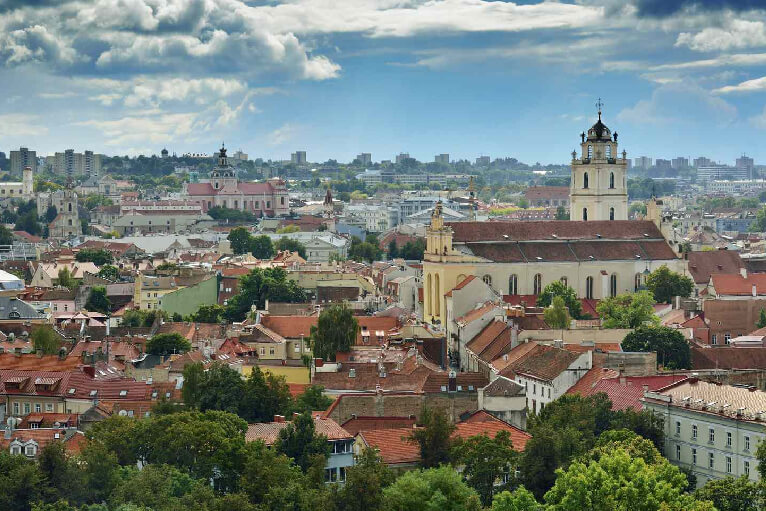
Best Study in Lithuania Consultants in Hyderabad

Why Study in Lithuania ?
Studying in Lithuania offers a unique blend of quality education, vibrant cultural experiences, and affordable living costs. With a rapidly growing number of programs taught in English, Lithuania provides an excellent opportunity for international students seeking high academic standards in an innovative and multicultural environment. The country’s rich history, modern infrastructure, and emphasis on research make it an attractive destination for those looking to broaden their horizons and gain valuable skills for a globalized world.
Lithuania Benefits
Studying in Lithuania offers benefits such as affordable tuition fees and living costs compared to other European countries, along with a diverse range of programs taught in English and a strong emphasis on research and innovation.
✓ Affordable Education: Lithuania provides relatively low tuition fees and affordable living costs compared to many other European countries.
✓ Quality Education: Universities in Lithuania uphold high academic standards and offer a wide range of programs taught in English, ensuring quality education
✓ Multicultural Environment: The country welcomes international students, creating a diverse and inclusive atmosphere that enriches cultural understanding.
✓ Research Opportunities: Lithuania emphasizes research and innovation, providing ample opportunities for students to engage in cutting-edge research projects.
✓ Strategic Location: Situated in the Baltic region, Lithuania offers easy access to other European countries and vibrant cultural experiences within the Baltic states.
Most Asked FAQ's..!
To study in Lithuania, you typically need:
A valid passport
Letter of acceptance from a Lithuanian university
Educational certificates and transcripts (translated into English or Lithuanian)
Proof of English proficiency (e.g., IELTS, TOEFL)
Proof of financial means
Health insurance
For non-EU/EEA students: a student visa (D type) and temporary residence permit
Yes.
Many Lithuanian universities offer English-taught bachelor’s, master’s, and doctoral programs, particularly in fields such as IT, engineering, business, life sciences, and international relations.
- Tuition Fees:
- Range from €2,000 to €6,000 per year, depending on the course and university
- Living Costs:
- Around €400–€700/month, which includes accommodation, food, and transport
Lithuania is considered one of the most budget-friendly destinations in the EU.
- Yes.
- Students are allowed to work up to 20 hours per week during their studies
- No separate work permit is required if you have a valid residence permit
- Students can also work full-time during holidays or breaks
Yes.
Graduates can apply for a 12-month post-study residence permit to search for a job or start a business. Once employed, you can apply for a work and residence permit and begin the process toward long-term residence.

